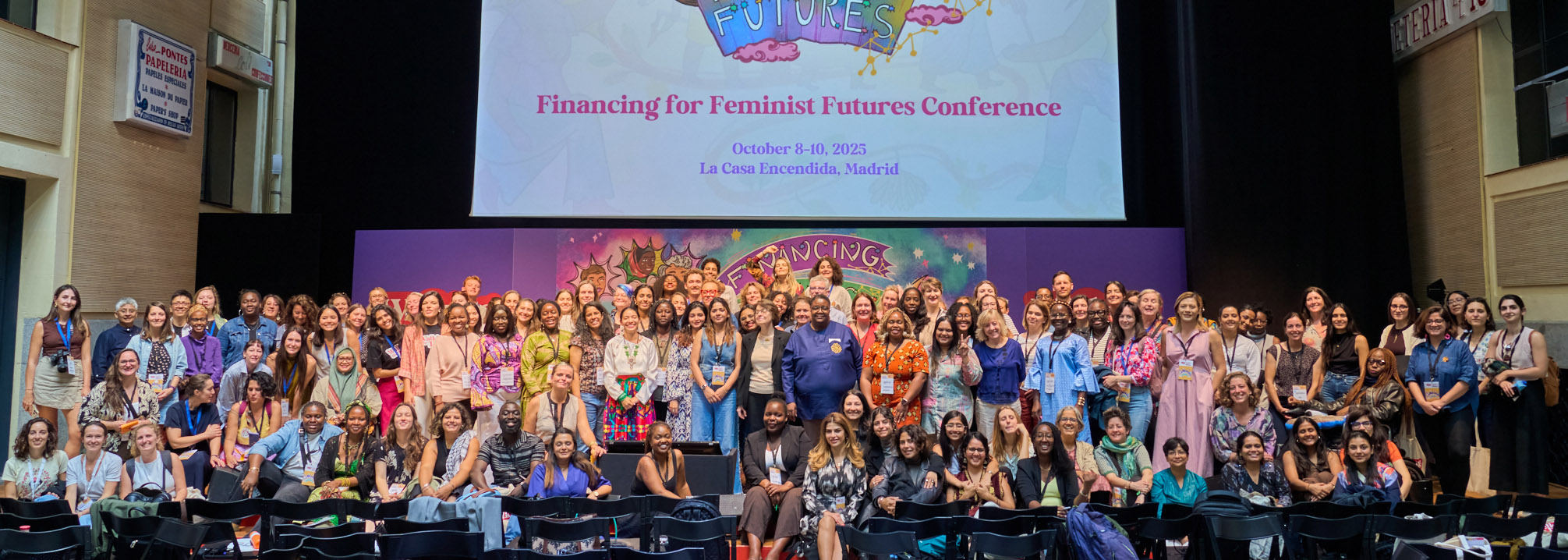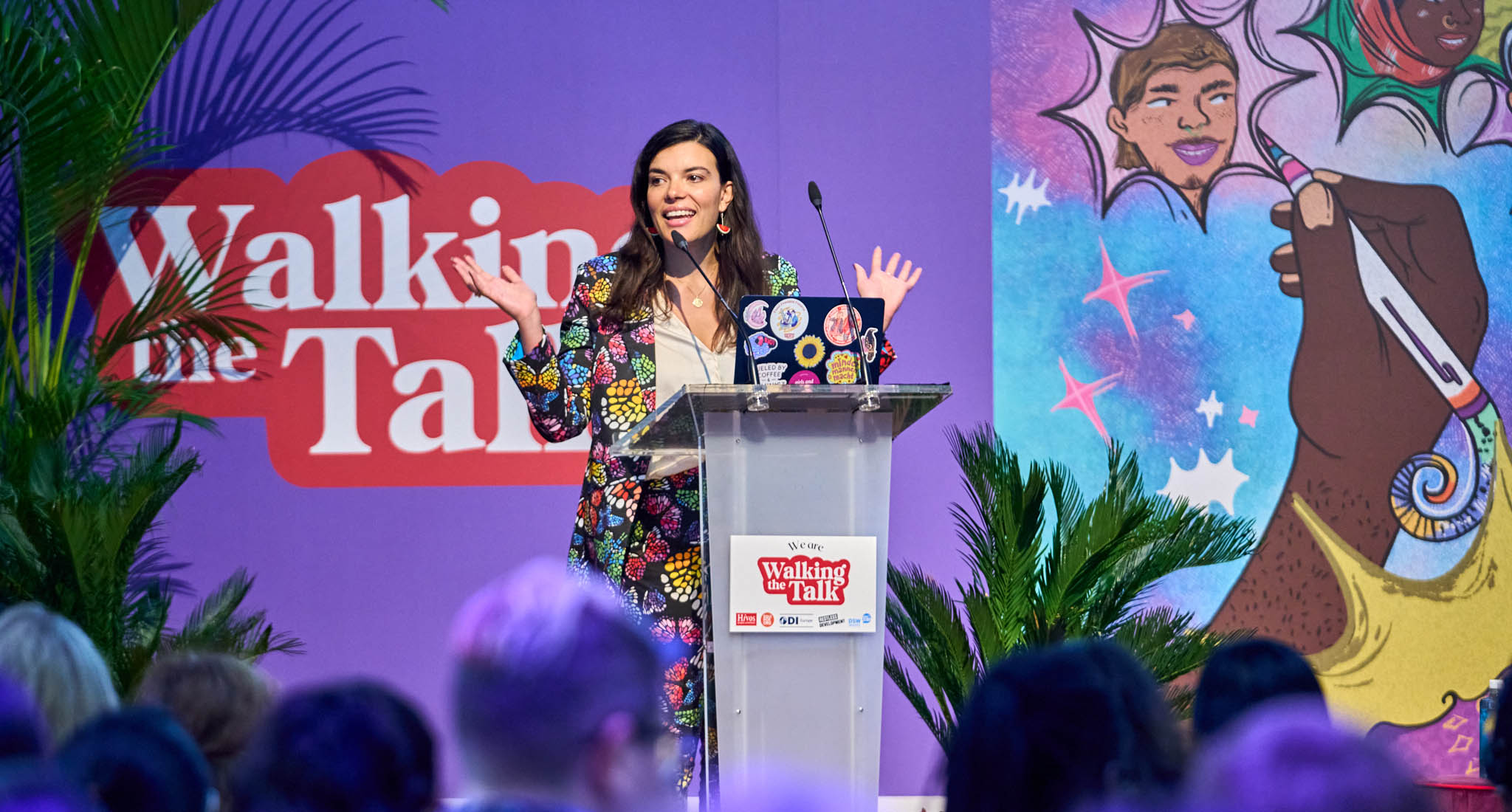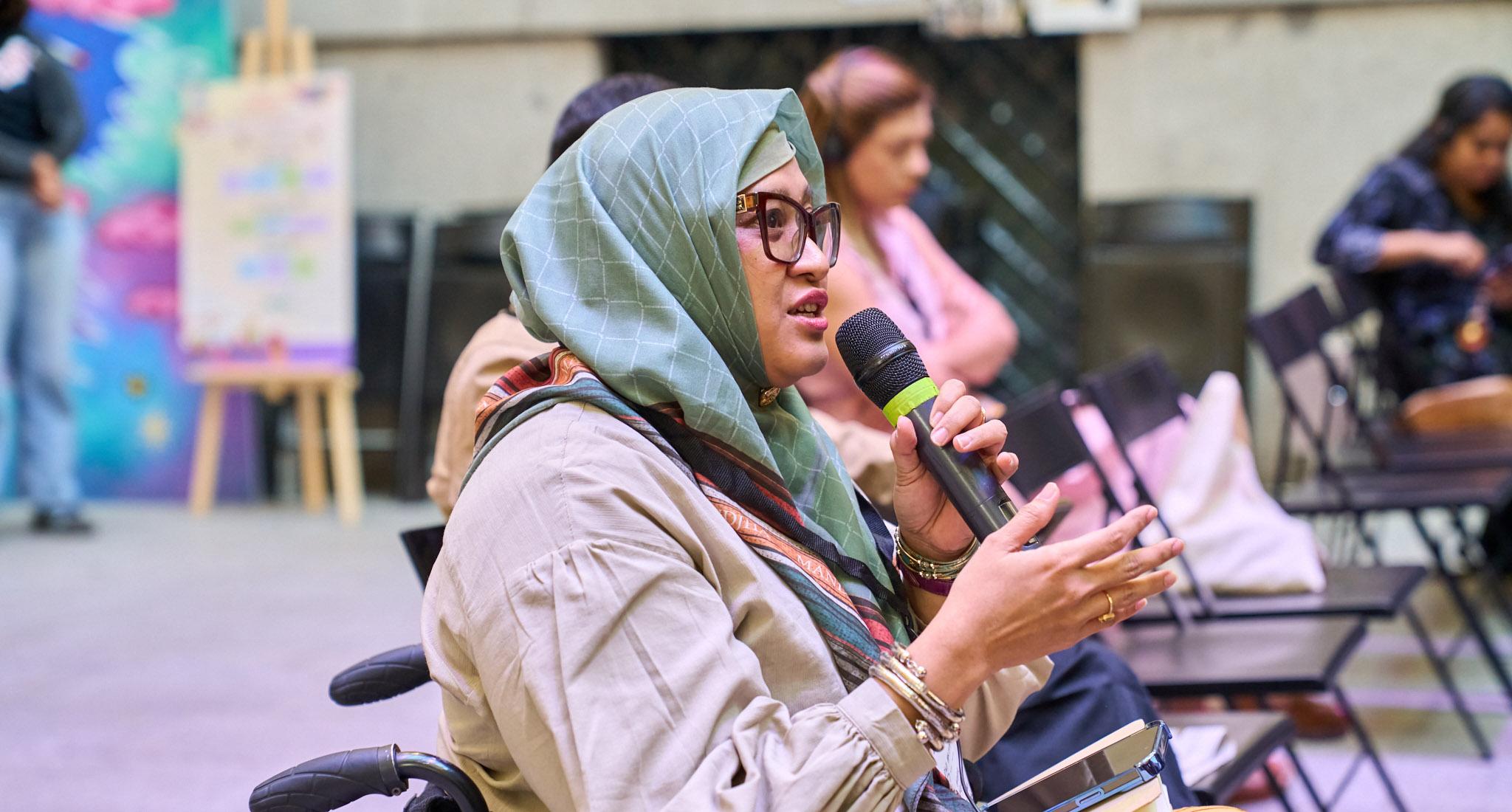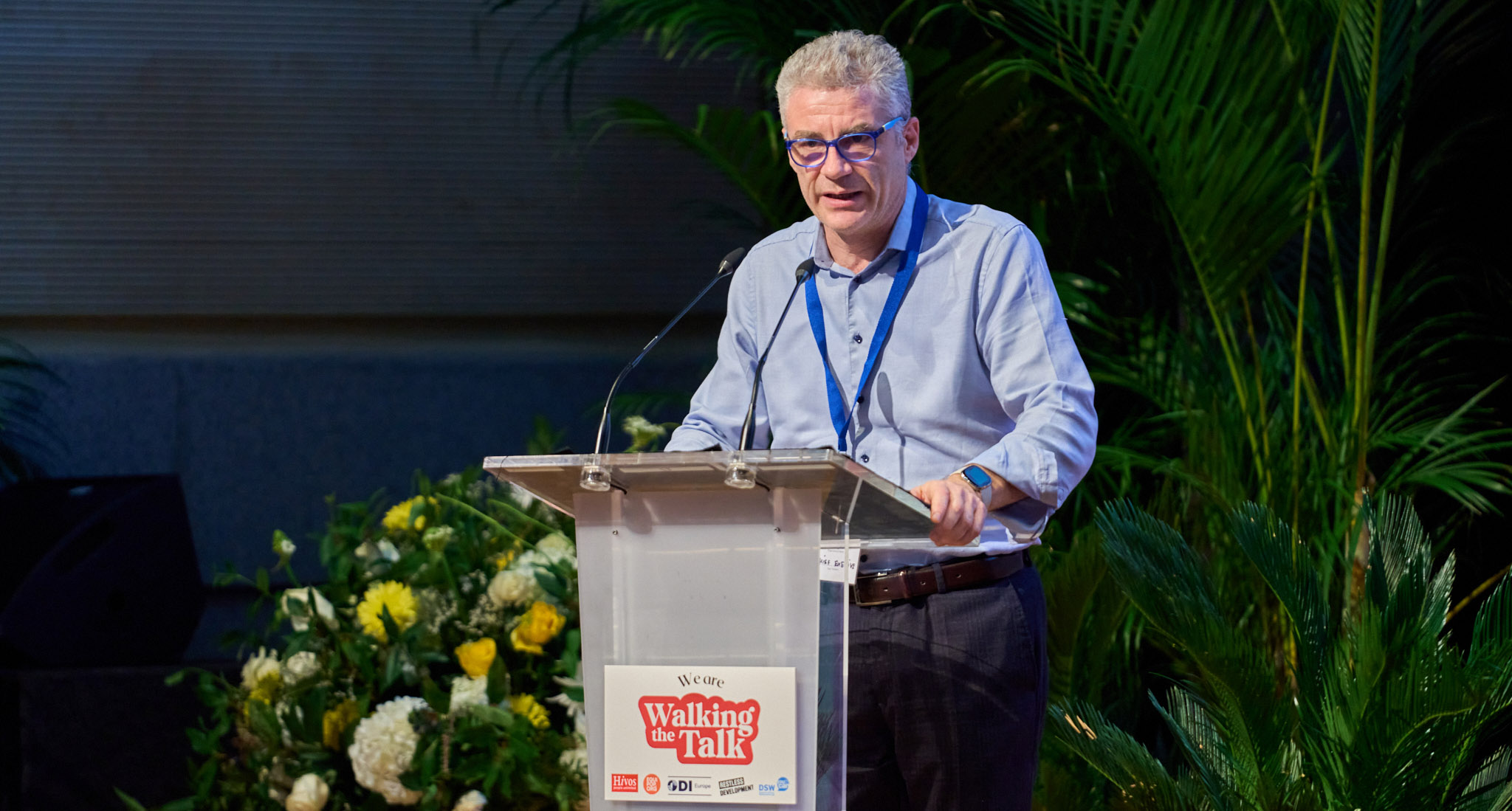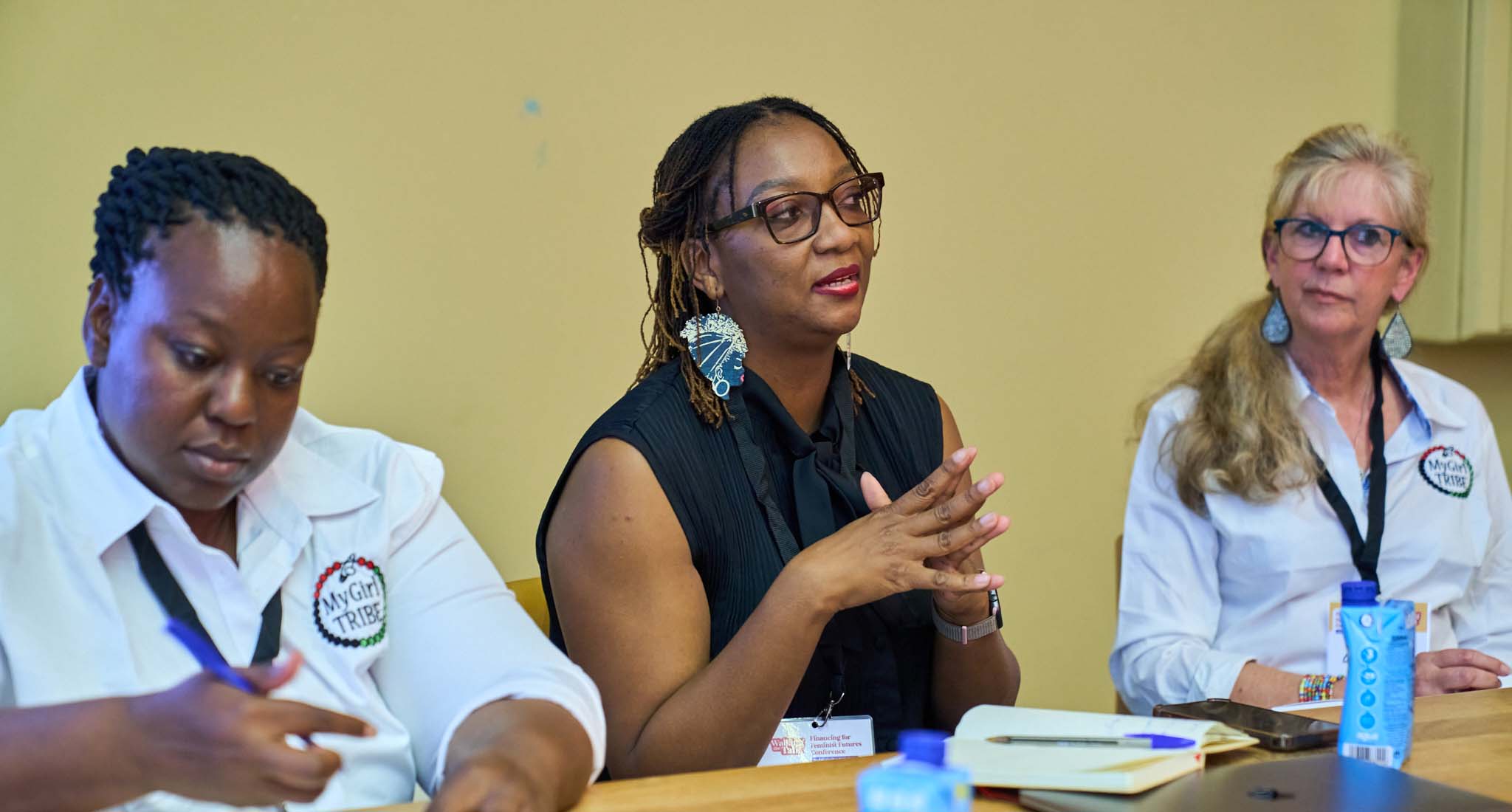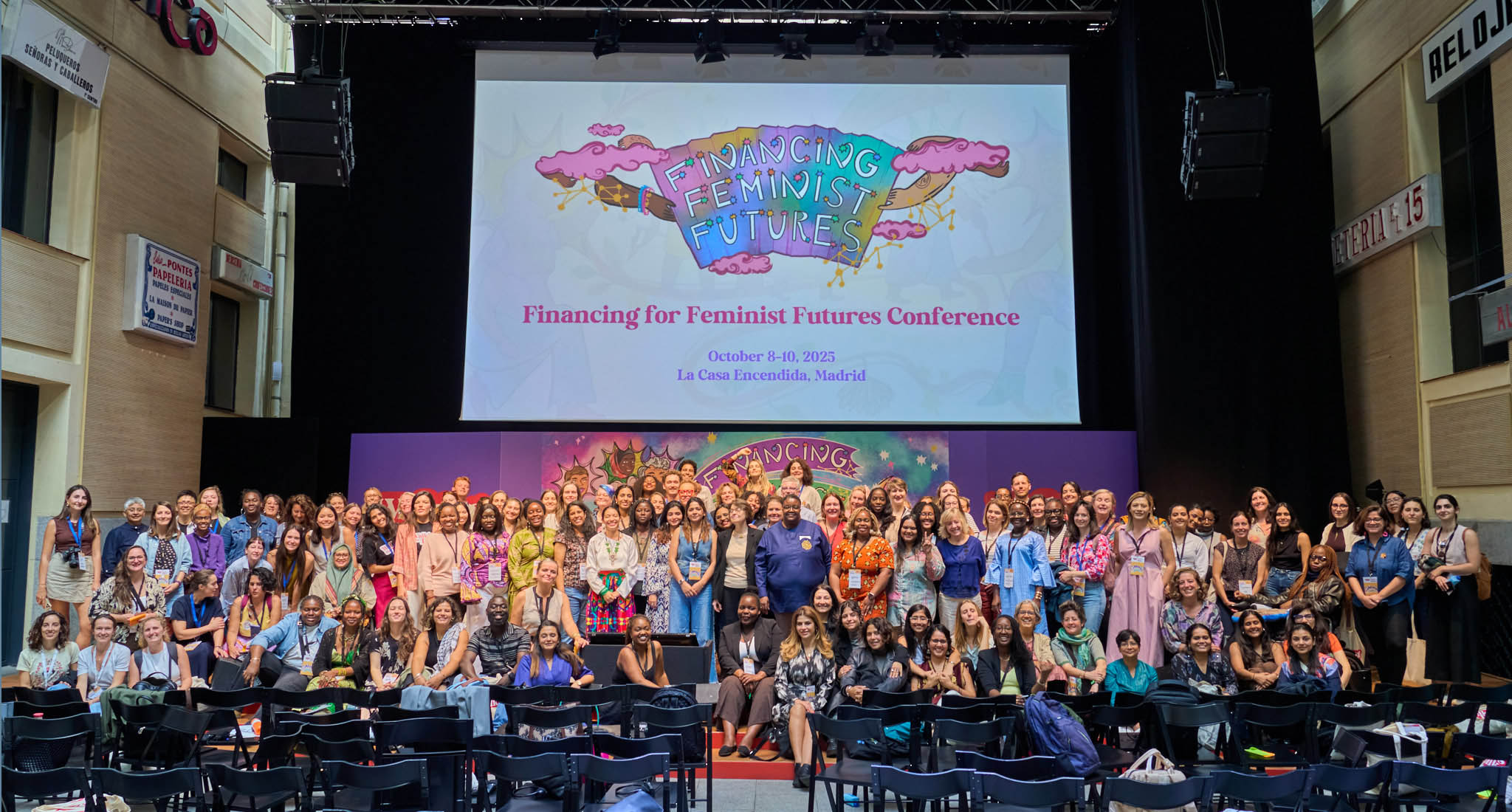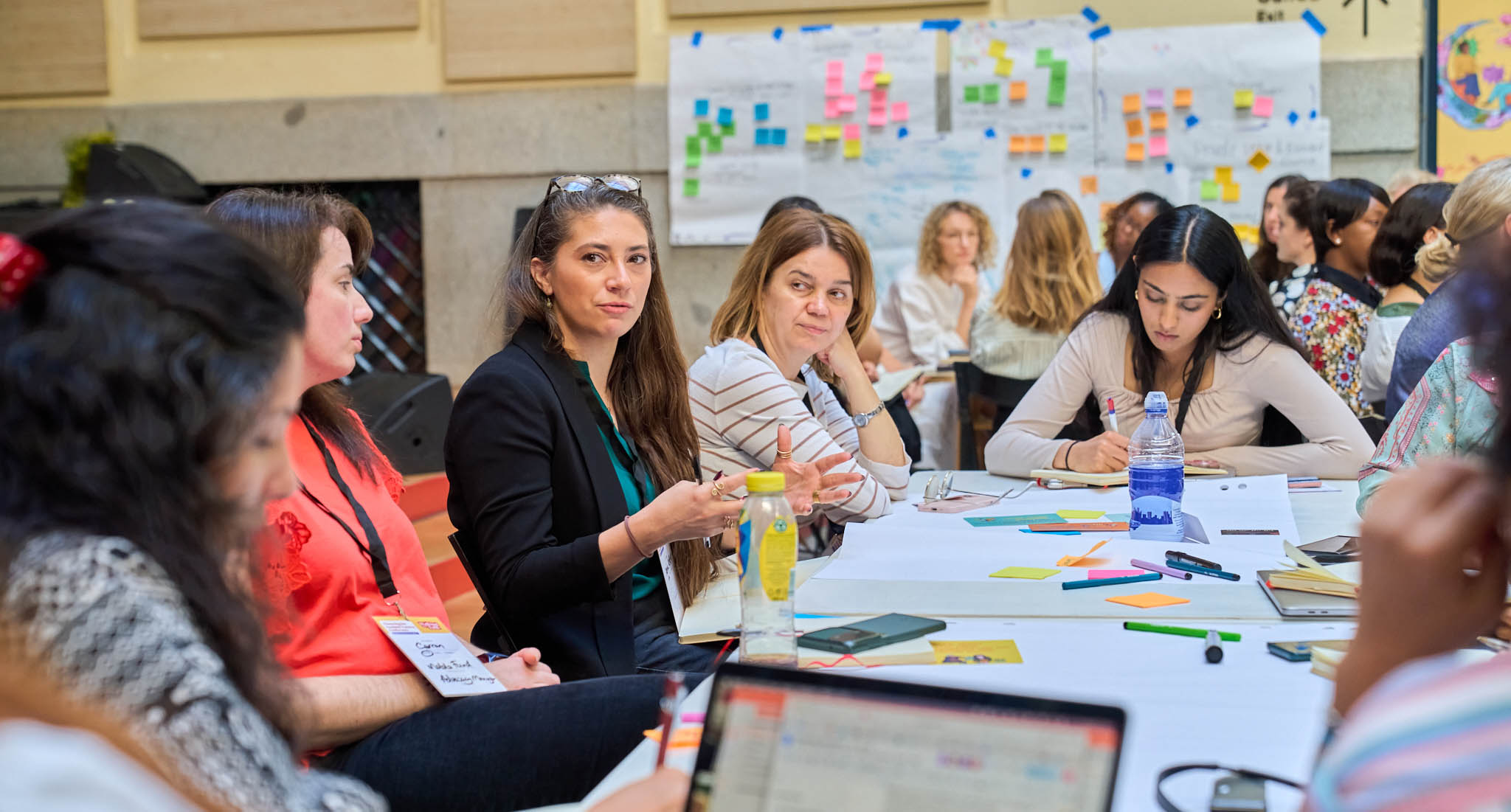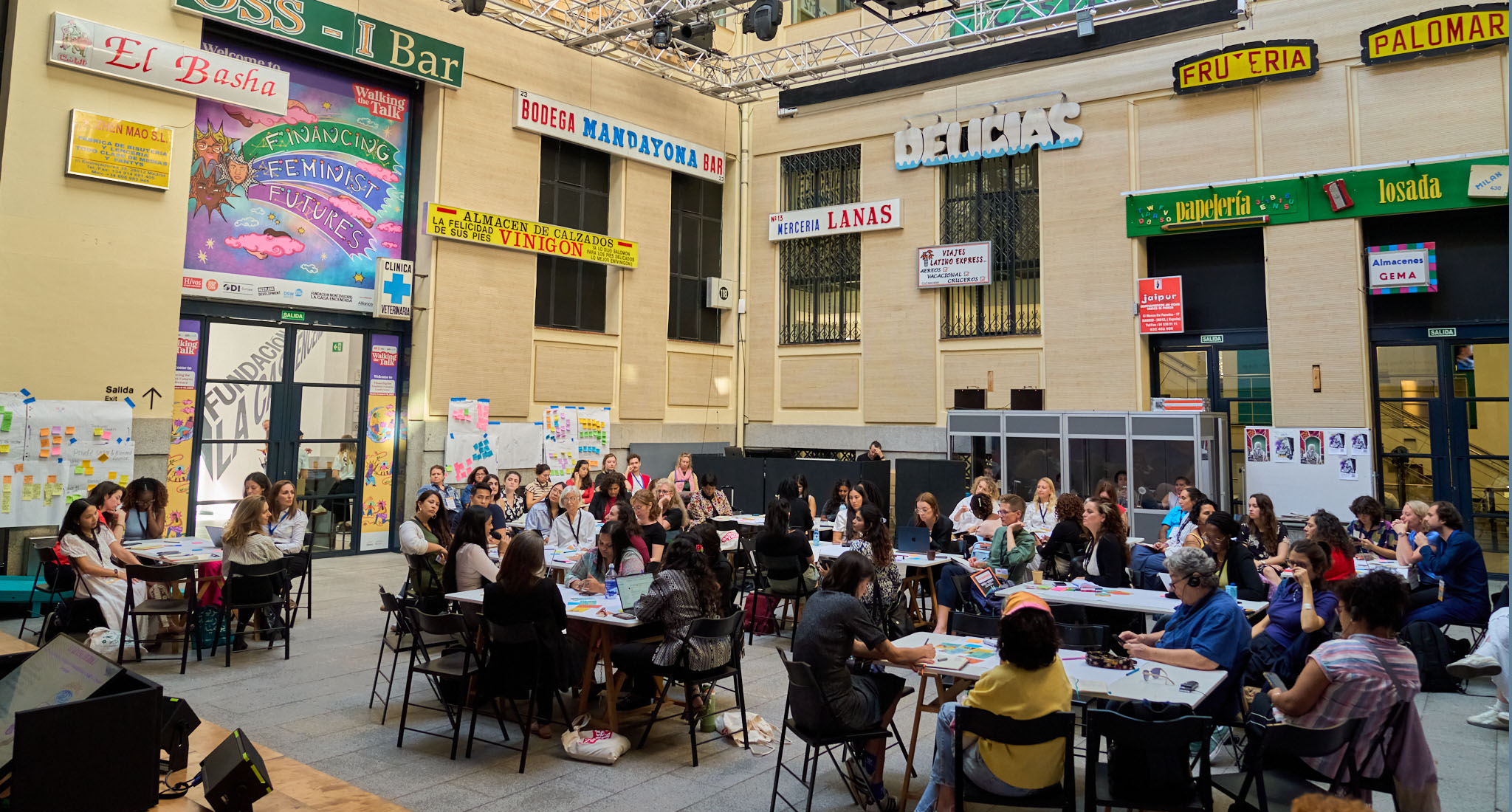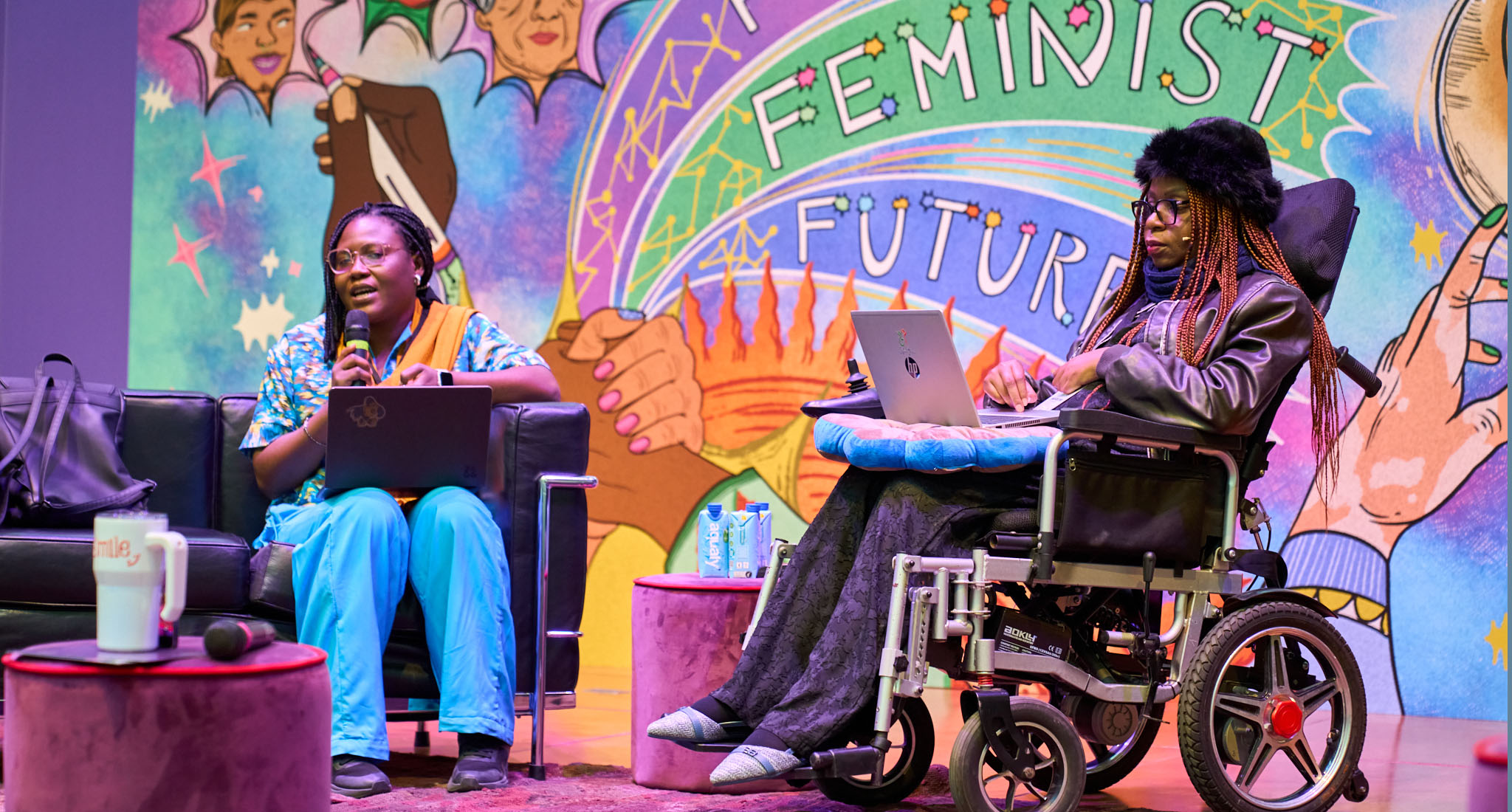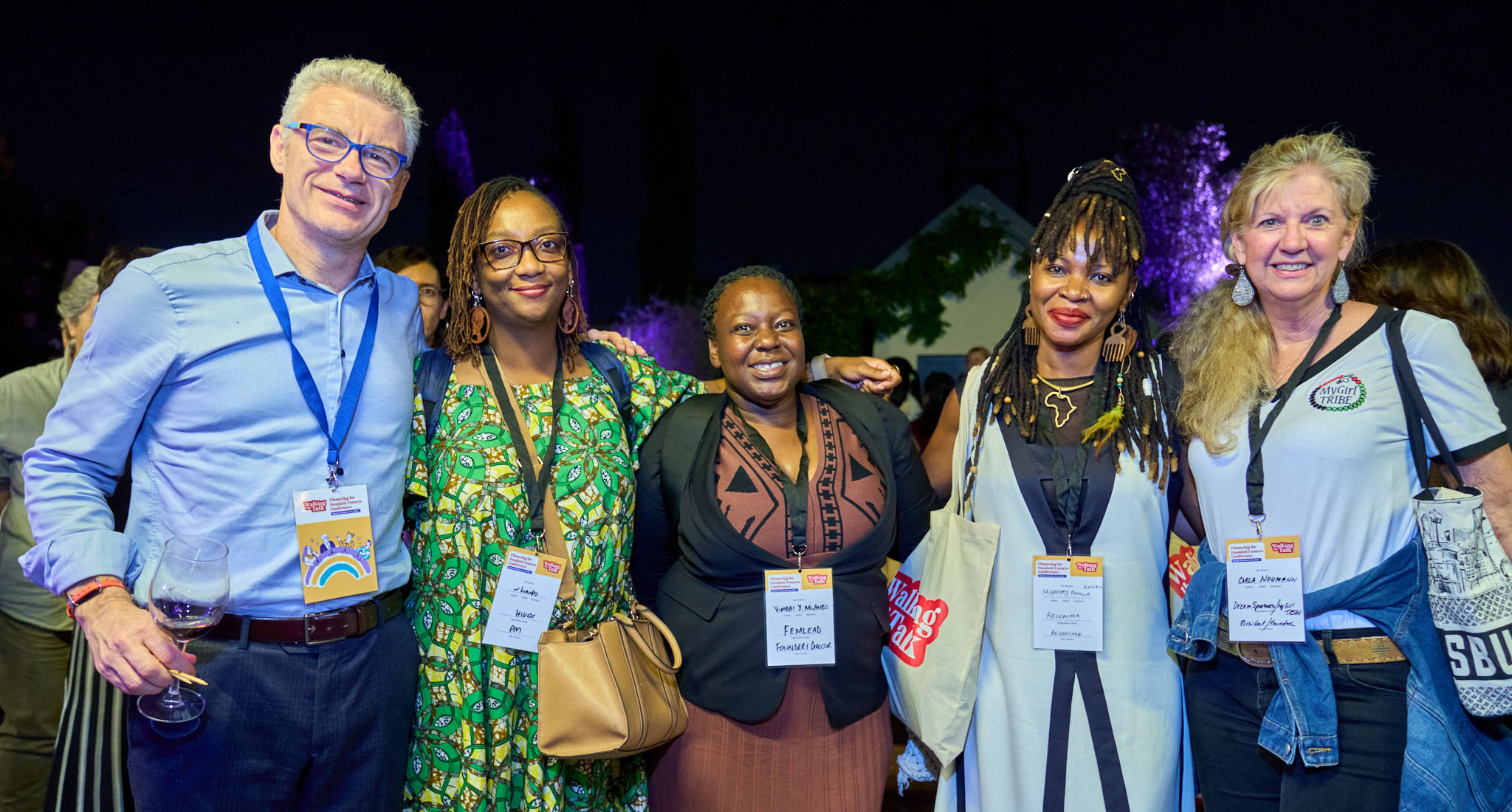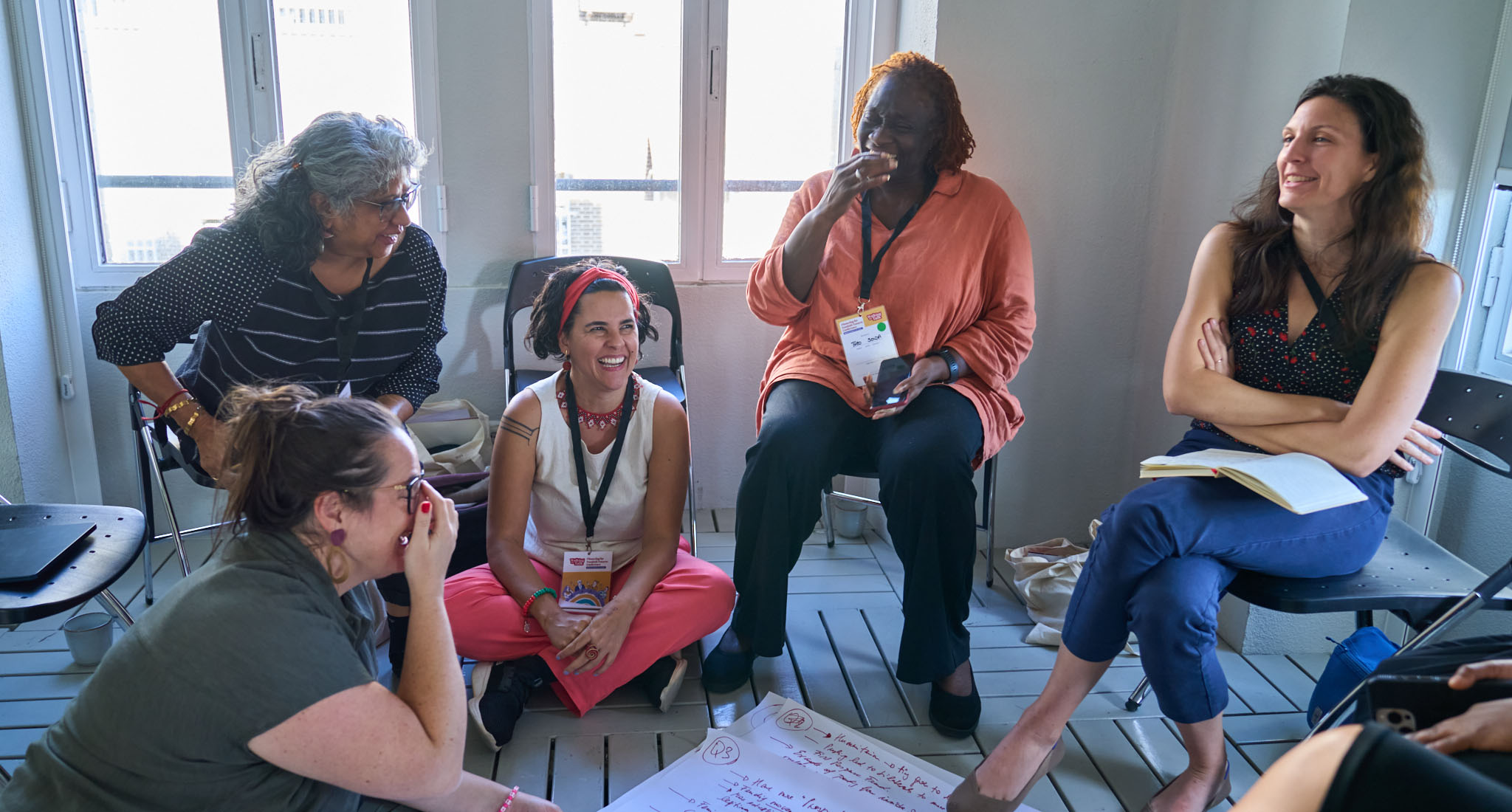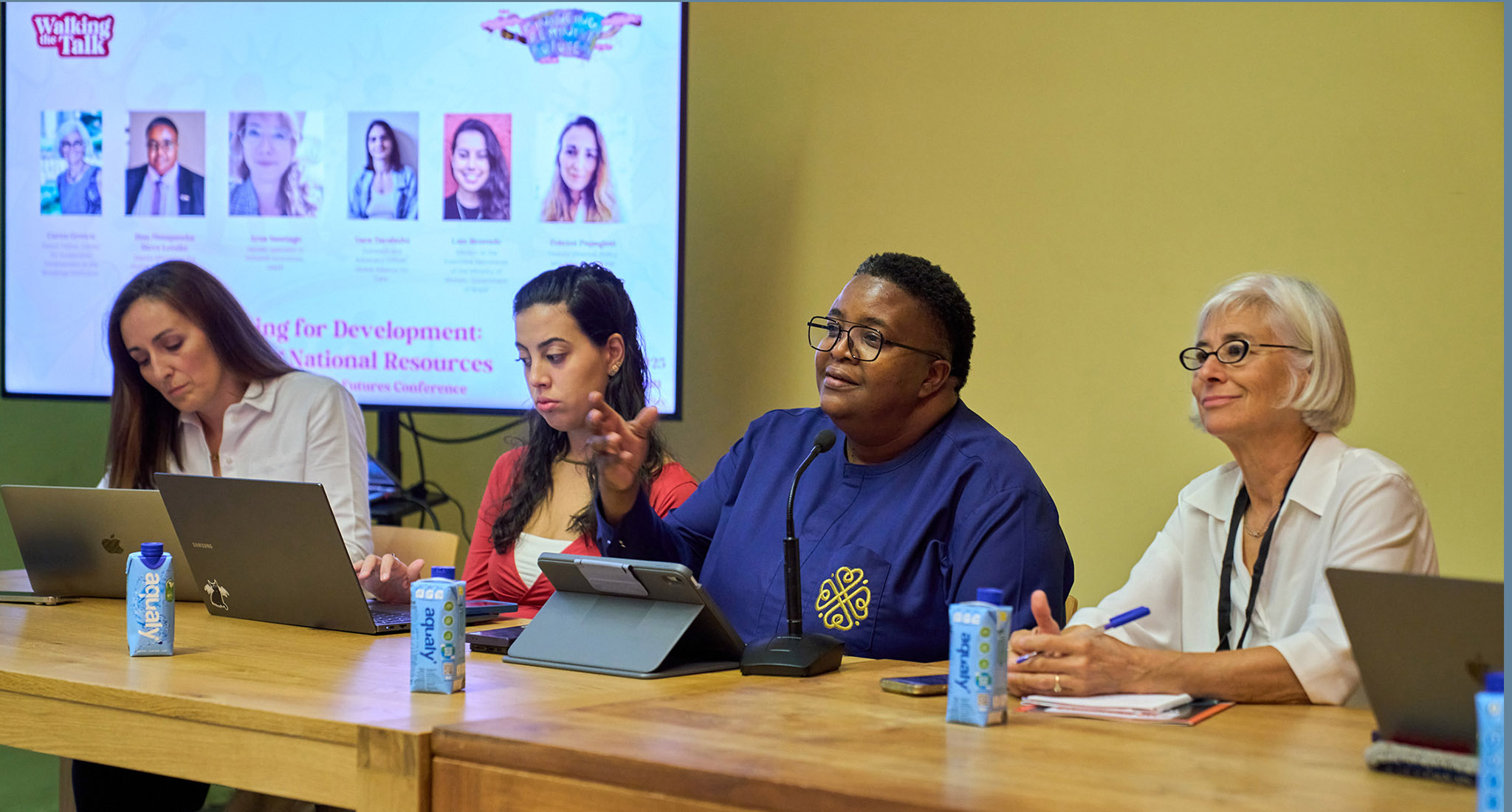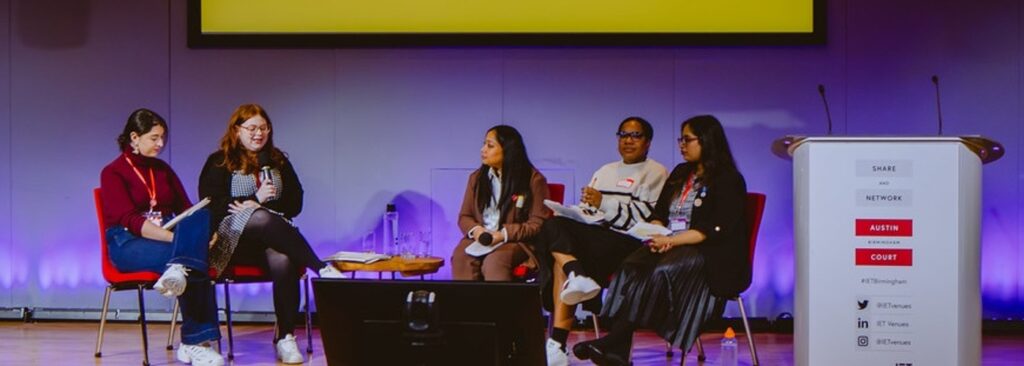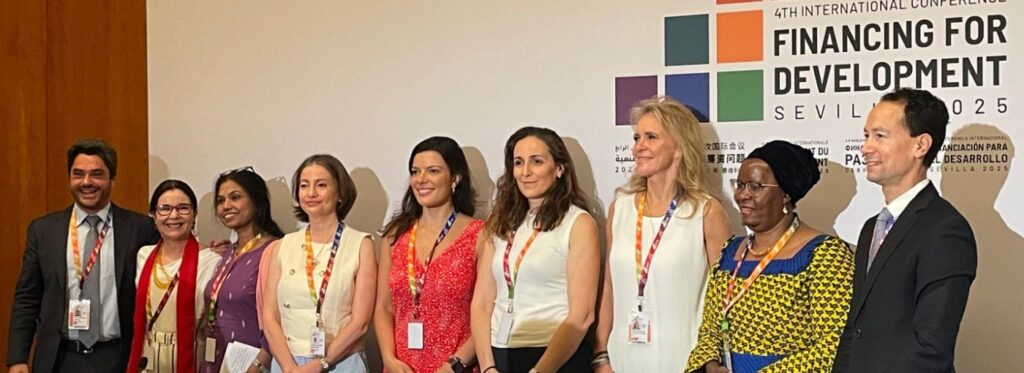Financing for Feminist Futures: rethinking how we resource change
October 22, 2025
As a lifelong feminist and now communication professional, I was delighted when I was asked at the last minute to join Hivos in Madrid this month for the Financing for Feminist Futures conference. Before leaving, my colleagues gave me a crash course in the current state of “feminist financing.” They explained that time and again, the feminist movement has been failed by traditional funding systems and by philanthropists who often treat gender equality as an afterthought. And as global politics tilt toward authoritarianism and the far right, we can’t waste any more time. We have to rethink now how to finance feminist work before the tide turns even further.
By Siân Kavanagh, Communications Officer, Hivos Global Office
Confronting a changing landscape
From day one of Financing for Feminist Futures, I could see that it aimed to think big under a big tent. Activists, foundations, women’s funds, government officials, and policymakers were all gathered in one space facilitated and organized by the Walking the Talk consortium.
Over forty sessions filled the agenda from 8 to 10 October, from plenary discussions to learning huddles, research presentations, and collaborative panels. Participants grappled with how to strengthen feminist movements in the face of global backlash, how to safeguard existing funding sources, and how to build new models for resourcing gender equality. Despite their diversity, everyone felt united by a determination to come up with answers.
Rethinking feminist financing – a spotlight on some key sessions
In between supporting my colleagues and firing off social media posts, I managed to sit in on quite a few sessions. Here are a few that stood out as examples of new directions feminism must take to seek funding. In a panel on Reimagining Funding for Gender-Just Climate Action, speakers critiqued how gender is left out of climate finance, or worse, appears as a form of tokenism. Too many initiatives, they argued, frame women solely as victims, while overlooking gender diversity, intersectionality, and community-led approaches.
Queering the Rules for Feminist Financing discussed the intersections of queer movements with economic justice. Aparna Apora from the Society of Gender Professionals spoke about the need to value informal care economies within LGBTQIA+ communities: the mutual aid networks, chosen families, and unpaid labor that sustain life where states and markets fail. Fellow speaker Bren Maira Kutch (they/them) warned of the coordinated efforts by anti-gender funders across the U.S., Europe, and Russia to erode the rights of women, queer, trans, and intersex people. “We’re being attacked as one,” they said. “We must defend as one.”
Countering emerging threats
In Global Backlash, Fierce Resistance, Hivos CEO Marco De Ponte reflected on how consortiums and coalitions can help bridge capacity gaps and improve stability through long-term public financing. He emphasized the need to mobilize public opinion and hold governments accountable, while also engaging young people, especially young men, whose growing alignment with right-wing ideologies calls for renewed outreach and inclusion.
Ján Michalko, Research Fellow from ODI Global, offered a sobering reminder that patriarchy continues to evolve, even as feminists learn to recognize its patterns. Speaking during The Past is Prologue, and the Future is Now, Jan urged movements to bring new allies into the fold and to tackle emerging threats like tech authoritarianism and restrictive family policies that undermine gender justice.
Panelists also cautioned that international commitments, especially those made during the Fourth International Conference on Financing for Development (FFd4), risk falling short without structural reforms to global debt, taxation, and financial governance. As several Global Majority advocates pointed out, the challenge is not the lack of feminist ideas, but the lack of political will to confront entrenched power structures. advocates pointed out, the challenge is not the lack of feminist ideas, but the lack of political will to confront entrenched power structures.
What comes next
As the conference ended, our Walking the Talk consortium turns their focus to what comes next. The conference’s insights and commitments will continue to shape global advocacy for feminist financing in the months ahead. Post-conference, you can read the first recommendations already, and subsequent readouts and briefings will be organized with donor governments and philanthropic institutions, including those who were unable to attend the conference. These outcomes will also be integrated into key policy platforms such as the Feminist Foreign Policy Conference in Paris (2025) and Women Deliver (2026).
Participants underscored the importance of following up on post-FFd4 commitments, monitoring how they influence the links between global financing and gender equality, and using the research compendium and 12 Calls to Action developed by Walking the Talk to strengthen advocacy efforts.
All in all, the conference felt like a collective act of imagining a better future. Participants reaffirmed their commitment to building an enabling environment for feminist work, one that redistributes power and holds decision-makers accountable. Despite limited resources, feminist movements have always held the line and survived through resilience, imagination, and mutual care. In Madrid, I saw that endurance on full display.

